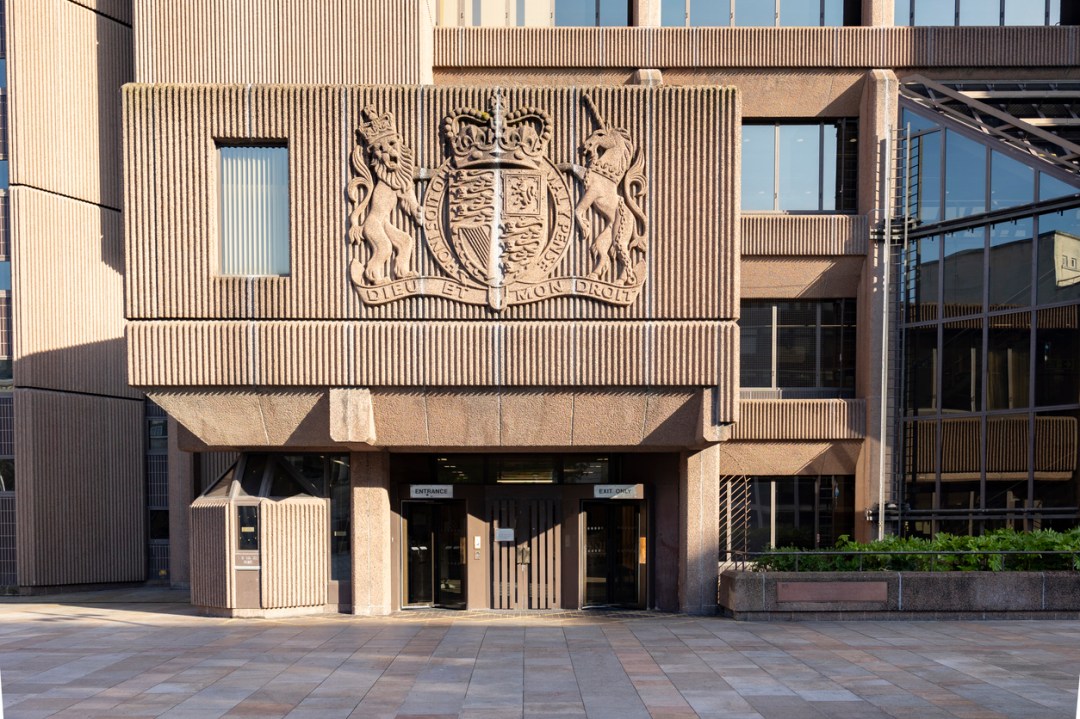When the Ministry of Justice announced that the government would introduce emergency legislation this week to stop ‘two tier’ Sentencing Council guidelines being implemented, the Lord Chancellor may have hoped that her swift action would bring this story to a close. But today the debate over ‘two-tier’ justice has widened, with the Telegraph reporting this morning that ‘ethnic minority criminals are being given priority by judges considering bail under new two-tier justice guidelines drawn up by the Ministry of Justice.’
When someone has been is charged with a crime they are either held on remand, in a prison, or are bailed. When on bail conditions apply. After I was charged with fraud in October 2018, I was on bail until being sentenced in February 2020. During that time I wasn’t allowed to leave the country and had to reside at a particular address. The right to bail is defined under the 1976 Bail Act, under which the presumption is that bail should be granted, unless the defendant is likely to try to avoid justice, commit further offences or try to interfere with witnesses.

Get Britain's best politics newsletters
Register to get The Spectator's insight and opinion straight to your inbox. You can then read two free articles each week.
Already a subscriber? Log in







Comments
Join the debate for just £1 a month
Be part of the conversation with other Spectator readers by getting your first three months for £3.
UNLOCK ACCESS Just £1 a monthAlready a subscriber? Log in